This site uses cookies and other tracking technologies to assist with navigation and your ability to provide feedback, analyze your use of products and services, assist with our promotional and marketing efforts.
The Tang Lab harnesses the unique properties of nucleic acid-modifying enzymes to profile, edit, and reprogram the human genome and transcriptome.
This includes the discovery, characterization, and engineering of CRISPR-derived gene-editing agents for medical adaptation. The group also aims to advance lineage tracing and directed evolution platforms by CRISPR-based in situ DNA diversification.
Additionally, the lab dissects how epigenetic and epitranscriptomic modifications pivot cell fates at the molecular level, actively working toward new biomarkers and drug targets based off in-house developed sequencing methods.
The group also constructs and screens genetically encoded, highly functionalized peptide libraries for high-throughput drug development.
O: 773-834-9151
M: 815-757-0651
E: mhinton@uchicago.edu
IP Available for Licensing
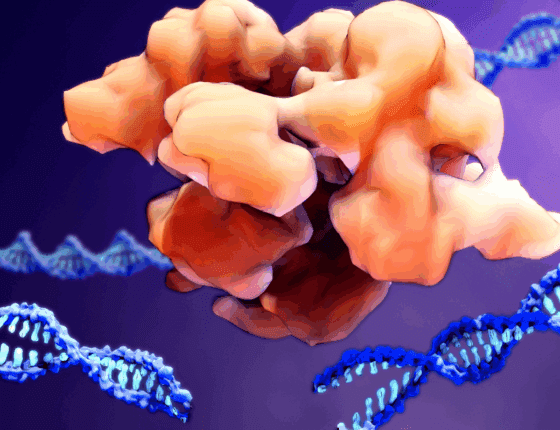
Engineered Hypercompact CRISPR-Cas12f System
Engineered hypercompact enAsCas12f system addresses CRISPR-Cas systems deliverability issues while offering enhanced gene-editing high specificity making it ideal for therapeutic applications using AAV delivery.
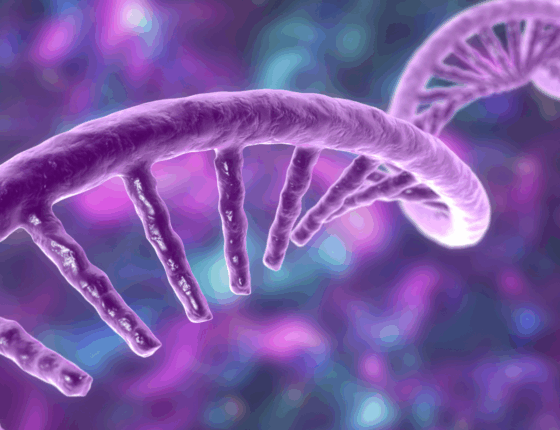
Programmed RNA Editing with an Evolved Bacterial Adenosine Deaminase
A novel platform, bacterial deaminase-enabled recoding of RNA (DECOR), utilizing an engineered bacterial adenosine deaminase to achieve programmable adenosine-to-inosine (A-to-I) editing on single-stranded RNA.
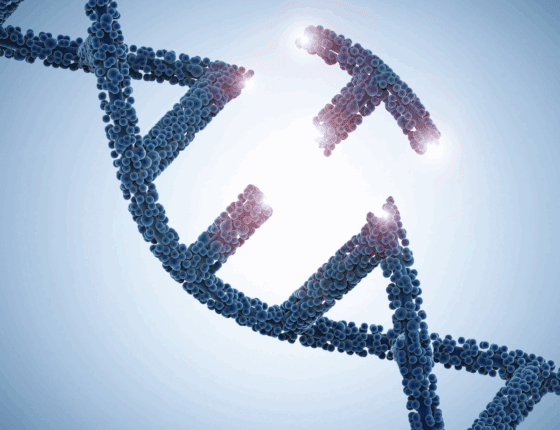
Novel In Vivo Gene Editing System
A engineered OgeuIscB- ωRNA for efficient and precise genome editing with increased potency and specificity while more compact in size compared to other CRISPR-Cas systems.
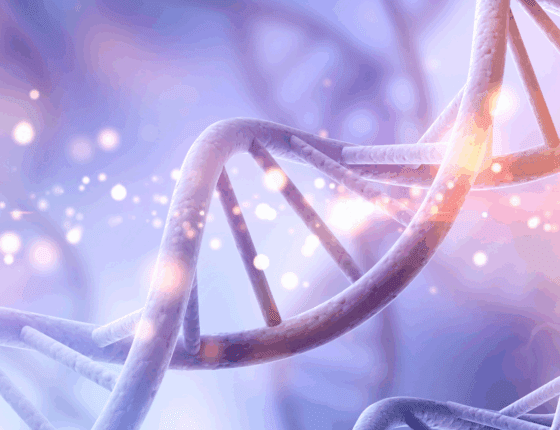
Context-Specific Cytosine Base Editors for Precise Single-Nucleotide DNA Editing
Engineered TadA deaminase via directed evolution to produce CRISPR cytosine base editors that precisely convert target cytosines to thymines in specific DNA contexts with high efficiency and minimal off-target effects.
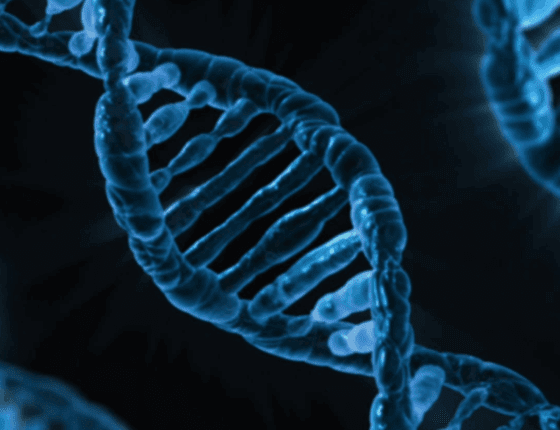
Reversible Gene Editing System for Site-Specific Large DNA Integration and Excision
Gene editing system using large serine recombinase-recombination directionality factor (LSR-RDF) fusion proteins for programmable, precise, and reversible large DNA insertions/excision.
